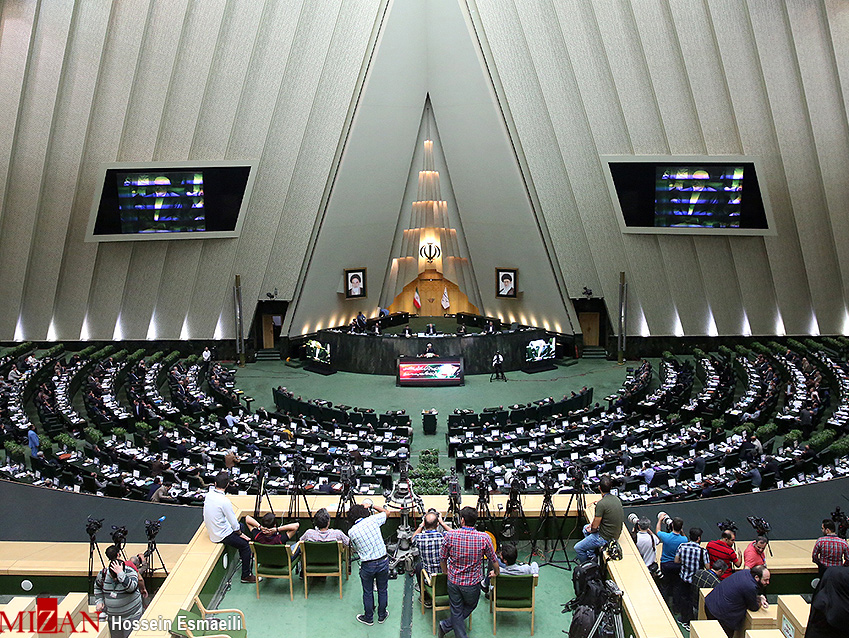Speaking in an open session Tuesday, Larijani said a bill on accession to the United Nations Convention against Transnational Organized Crime, also known as Palermo Convention, and another bill amending anti-money laundering law of the Islamic Republic will be discussed in the expediency council in the near future.
The two bills are part of four plans proposed by the government as part of measures to meet conditions set by the Financial Action Task Force for Iran’s getting out of the body’s black list.
The two bills had been earlier approved by the parliament, but rejected by the legislation watchdog, the Guardian Council.
After the parliament refused to change the bill, they are now referred to the Expediency Council, which is entrusted with acting as an arbiter between the two bodies.
A bill on Iran’s accession to Combating the Financing of Terrorism (CFT) was discussed in the parliament back in June, but lawmakers have so far shelved the bill.
Meanwhile, the fourth bill, an amendment to the country’s law against financing terrorism, was approved by the Parliament and the Guardian Council, and signed into law by President Hassan Rouhani last month.
Iran has for many years found itself in a blacklist of countries not doing enough to combat money laundering and terrorism financing by the G7-created FATF.
Iran entered into talks with the FATF to join the body following the 2016 implementation of the JCPOA.
But Iran’s accession to FATF has slowed down in recent months, over concerns among some officials that the move could endanger Iran’s national security interests.
In its last meeting held on June 29, the FATF gave Iran until October to implement necessary reforms.
